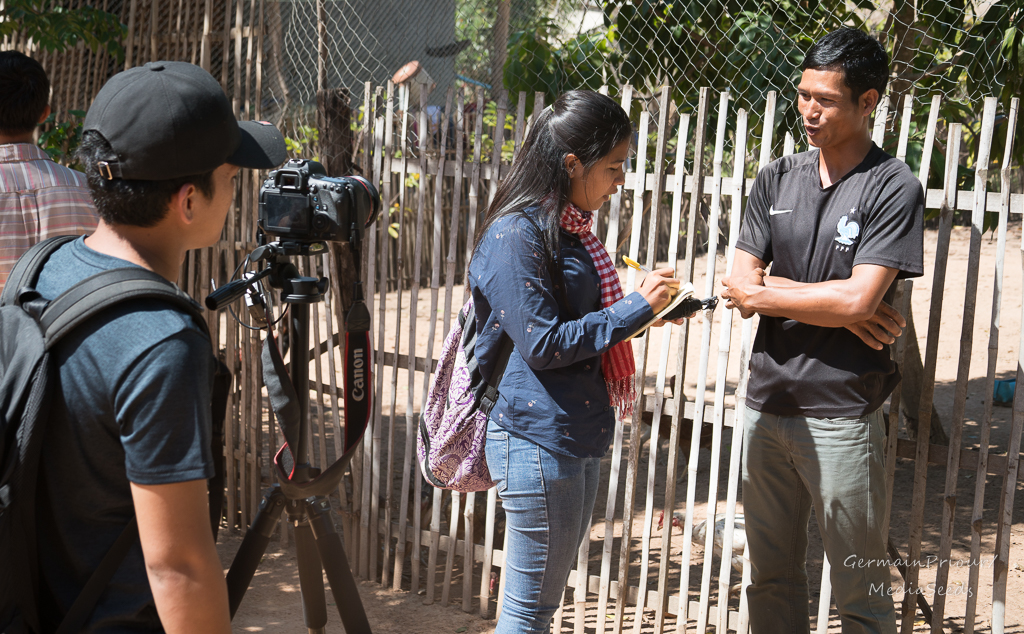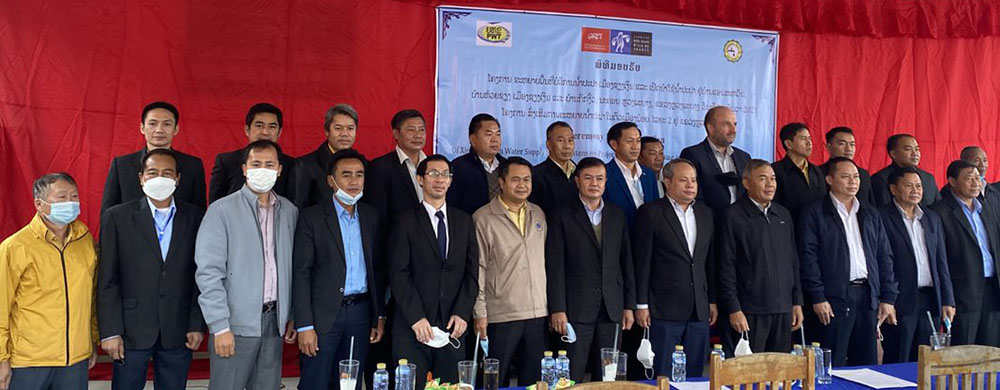Following the signature of a Programme agreement established with Agence française de développement (AFD) in 2019, GRET began reflecting on the commons approach in a dozen of its projects. Throughout the year, we will be presenting these various projects, which focus on a variety of subject areas. In this issue: the Pascal-DT project, in Haiti.
Since 2017, GRET has been implementing a project to support civil society and the local communal authority to develop the commune of Turgeau, the most densely populated area in Port-au-Prince, in Haiti. Funded by the European Union and AFD, this project aims to strengthen dialogue and cooperation between these entities, with a view to facilitating inclusive local development of the communal district. Upstream of developments carried out in neighbourhoods, substantial work was conducted on participative territorial planning, which gave rise to the Turgeau Communal District Development Plan (CDDP). As Sherley Olivier – coordinator of the Turgeau communal district management board (Casec) – explains, “community leaders, representatives from civil society organisations (CSOs), local authorities and representatives from state institutions came together to discuss the strengths and weaknesses of their territory and discuss communal district issues. This involvement of inhabitants is very important, because it enables more accurate identification of what exists, makes it possible to discern problems faced by the community and to define priorities in terms of territorial development and urban planning.”

As part of the Commons agreement, a method and tools are developed to make it possible to shape shared governance systems that are inclusive, equitable and evolutionary. The creation of forums for dialogue, in particular via training on local development and best governance practices for CSOs and authorities, opens the door to more horizontal relationships between the various stakeholders and enables better project design, better management of spaces, and also makes it possible to anticipate and minimise potential conflicts in terms of practice and use. Collaboration between CSOs and Casec also opens up the possibility for neighbourhood associations to propose, select and implement approximately 35 microprojects (including 10 led by women’s associations) funded via a support fund and benefitting vulnerable populations.
The Pascal-DT project is implemented thanks to funding from the European Union (EU) and Agence française de développement (AFD). The content of this article is the sole responsibility of GRET and does not necessarily reflect the opinions of the EU or AFD.




